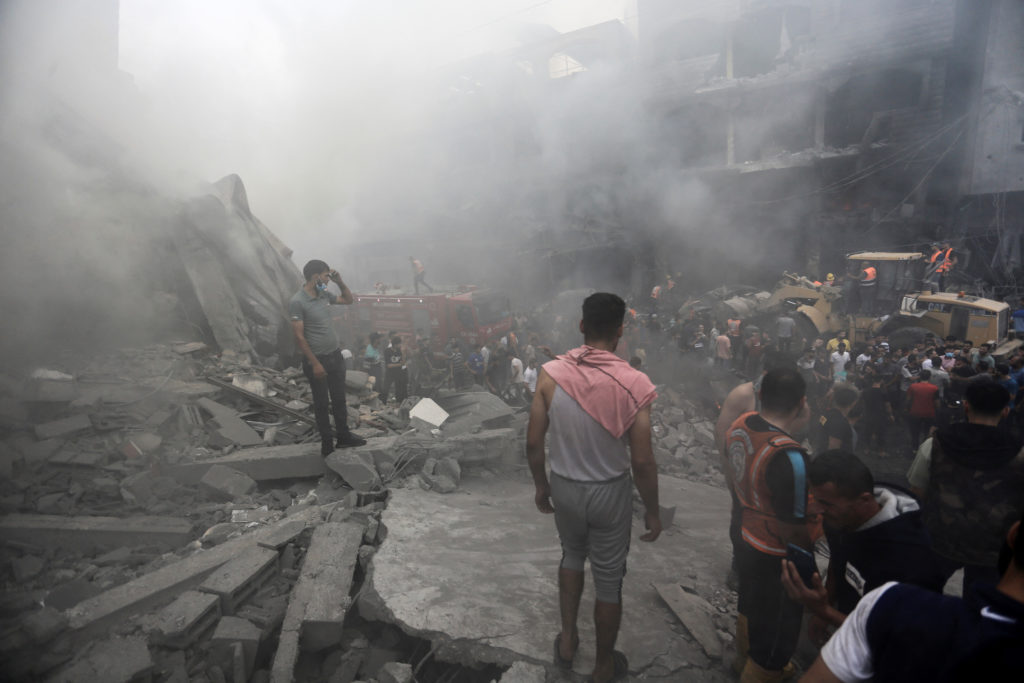CHICAGO (AP) — Illinois officials took legal action on Monday, challenging President Donald Trump's directive to send National Guard troops to Chicago amid heightened immigration enforcement operations in the city. This escalation reflects ongoing tensions between Democratic-led states and the Republican administration.
The suit emerged hours after a federal judge blocked the deployment of National Guard troops to Portland, Oregon, underscoring the contentious nature of federal military intervention in state matters. The state lawsuit claims that Trump's moves amount to a war on Chicago and are both unlawful and dangerous.
Governor JB Pritzker denounced the deployment, labeling it as “Trump’s invasion,” and appealed to Texas Governor Greg Abbott to halt the plans. Since the crackdown began, there has been widespread concern among Chicago residents regarding the military presence and its potential impact on community safety.
Recent immigration enforcement activities led to Border Patrol agents making arrests near iconic Chicago landmarks, generating protests across immigrant-heavy neighborhoods. Critics argue that the military's involvement will only inflame tensions further.
In response, Chicago Mayor Brandon Johnson signed an executive order preventing federal immigration agents from using city-owned properties for enforcement activities, such as staging areas for arrests.
As tensions rise, various stakeholders await the outcome of Illinois' legal challenge, especially as federal courts continue to grapple with the legality of military deployments in urban areas.
With this backdrop of legal and social strife, both residents and government officials are left questioning the efficacy and legality of deploying military forces to enforce immigration policies in metropolitan areas.






















